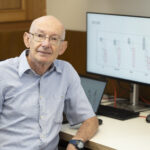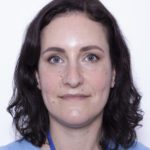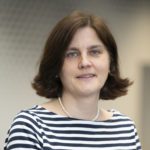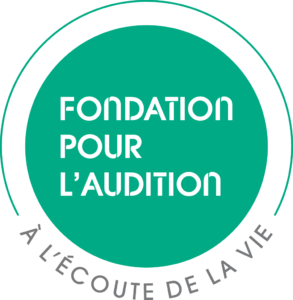About
Age-related hearing loss called presbycusis is caused by the aging of the hearing system. Half of the causes of presbycusis are hereditary, that is to say genetic. For the other half of the cases, the losses are due to lifestyle (exposure to loud sounds, taking drugs harmful to the inner ear, etc.). It is essential that presbycusis is taken care of as soon as possible when it appears so that people with hearing loss can be fitted with hearing aids. However, to date, there is no battery of audiological tests that can satisfactorily screen presbycusis. As a result, many affected people are taken care of long after the onset of their hearing loss.
The objective of the study is to identify which tests or combinations of tests will better characterize hearing loss from two groups: participants with untimely age-related hearing loss and a group of people with normal presbycusis for their age (control group). This research will make it possible to describe age-related hearing loss precisely so that we can understand the mechanisms and structures of the affected ear. Thus, the results of this research will make it possible to set up a battery of simple tests suitable for an ENT consultation.

















